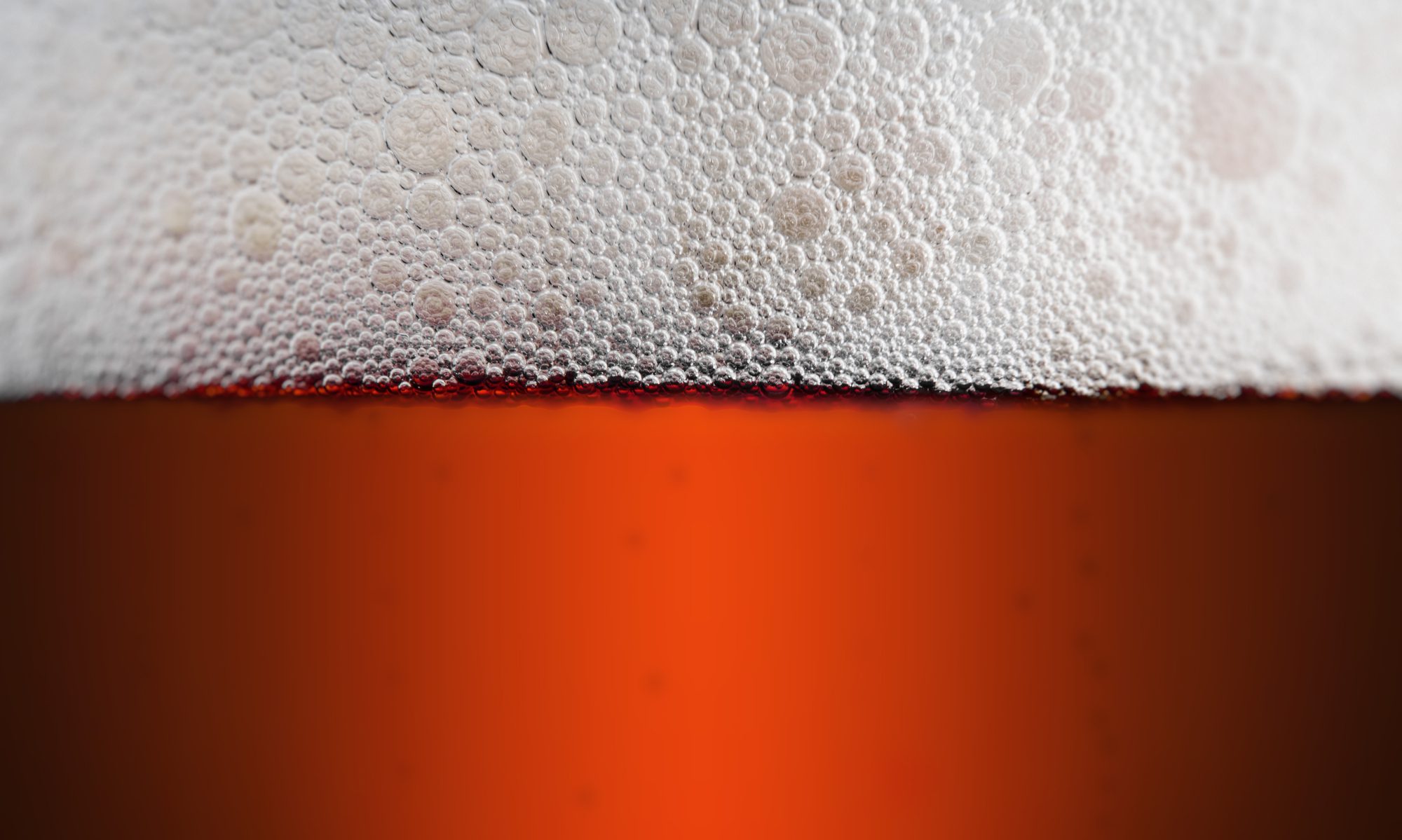For a long time, the breweries championed Reinheitsgebot as a way of keeping the quality standards high and in 20th century, they began to use it as a marketing point. Currently, the German consumer enforces it as a way to preserve tradition and authenticity¹. This Bavarian royal decree dating to 1516, focused mainly on taxes and beer selling price regulations². Quite possibly, the famous ingredient restriction to water, malted barley and hops had to do more with malted barley and hops being taxed ingredients than consumer health and beer quality³. Furthermore, Duke of Bavaria Wilhelm IV, who issued this edict, has intentionally omitted yeast. During that period, each brewery had a “heffner”, or, a yeast-guy, whose job was to re-use the yeast and it was a common understanding that the “Zeug”, or stuff in German, was “something that stayed in the beer”¹. The existence of yeast and its necessity to brewing was common knowledge. Amazingly, the law has survived the political turmoil of the last five centuries, including the world wars. The term Reinheitsgebot, translated as “purity law” from German, was coined only in 1918, during a heated Bavarian parliament discussion⁴. While the 1516 decree was limited only to Bavaria and its lagers, the modern version has separate categories for ales and lagers, which makes its possible to brew a wheat beer with coriander and salt. In other words, the list of allowed ingredients was expanded. German brewers that fail to adhere to it, may sell their beverages, but may not call them “beer”⁵. In case of non-compliance, the brewers are forced to dump entire batches by the state inspectors⁴.
Notes
- Alworth, Jeff. “Attempting to understand the Reinheitsgebot,” All About Beer Magazine 37, Issue 1, March 17, 2016 http://allaboutbeer.com/article/happy-birthday-reinheitsgebot/
- Alworth, Jeff. The Beer Bible: The Essential Beer Lover’s Guide (p. 31, 366). Workman Publishing Company. Kindle Edition.
- Mosher, Randy. Tasting Beer, 2nd Edition: An Insider’s Guide to the World’s Greatest Drink (location 4664. Storey Publishing, LLC. Kindle Edition.
- Klawitter, NIls. “The Twilight of Germany’s Reinheitsgebot”, Spiegel Online, April 21, 2016 http://www.spiegel.de/international/germany/german-reinheitsgebot-beer-purity-law-turns-500-a-1086681-2.html
- Horst Dornbusch and Karl-Ullrich Heyse. The Oxford Companion to Beer, edited by Gareth Oliver (p. 360). 1st edition 2011, Oxford University Press.

